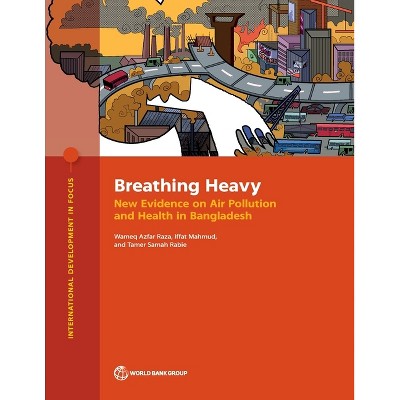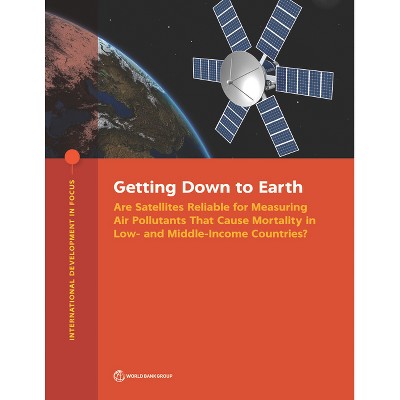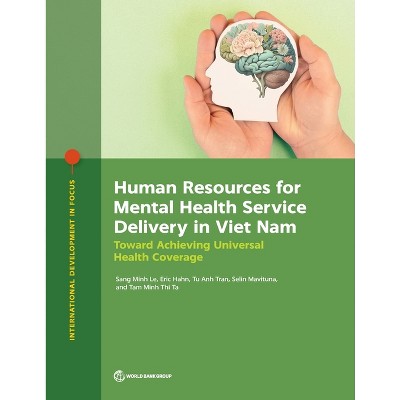Sponsored

Making Devolution Work for Service Delivery in Kenya - (International Development in Focus) (Paperback)
In Stock
Sponsored
About this item
Highlights
- Kenya adopted a new constitution and began the process of devolution in 2010, ceding many formerly national responsibilities to new county governments.
- About the Author: The World Bank came into formal existence in 1945 following the international ratification of the Bretton Woods agreements.
- 194 Pages
- Business + Money Management, Public Finance
- Series Name: International Development in Focus
Description
About the Book
This study provides the first major assessment of Kenya's devolution reform. It assesses what is working, what is not working, and what could work better to enhance service delivery based on the currently available data.
Book Synopsis
Kenya adopted a new constitution and began the process of devolution in 2010, ceding many formerly national responsibilities to new county governments. As an institutional response to longstanding grievances, this radical restructuring of the Kenyan state had three continuing main objectives: decentralizing political power, public sector functions, and public finances; ensuring a more equitable distribution of resources among regions; and promoting more accountable, participatory, and responsive government at all levels. The first elections under the new constitution were held in 2013 and led to the establishment of 47 new county governments. Each county government is made up of a county executive, headed by an elected governor, and an elected County Assembly that legislates and provides oversight. Making Devolution Work for Service Delivery in Kenya takes stock of how devolution has affected the delivery of basic services to Kenyan citizens nine years after the "devolution train" left the station. Whereas devolution was driven by political reform, the ensuing institutions and systems were expected to deliver greater socioeconomic equity through devolved service delivery. Jointly coordinated by the government of Kenya and the World Bank, the Making Devolution Work for Service Delivery (MDWSD) study is the first major assessment of Kenya's devolution reform. The study provides key messages about what is working, what is not working, and what could work better to enhance service delivery based on currently available data. It provides an independent assessment of service delivery performance in five sectors: agriculture, education, health, urban services, and water services. This assessment includes an in-depth review of the main pillars of devolved service delivery: accountability, human resource management, intergovernmental finance, politics, and public financial management. In addition to its findings for the present, the MDWSD study provides recommendations on how Kenya can improve its performance in each of these pivotal areas in the future.About the Author
The World Bank came into formal existence in 1945 following the international ratification of the Bretton Woods agreements. It is a vital source of financial and technical assistance to developing countries around the world. The organization's activities are focused on education, health, agriculture and rural development, environmental protection, establishing and enforcing regulations, infrastructure development, governance and legal institutions development. The World Bank is made up of two unique development institutions owned by its 185 Member Countries. The International Bank for Reconstruction and Development (IBRD) focuses on middle income and creditworthy poor countries and the International Development Association (IDA), which focuses on the poorest countries in the world.
Shipping details
Return details
Frequently bought together
Trending Non-Fiction

















